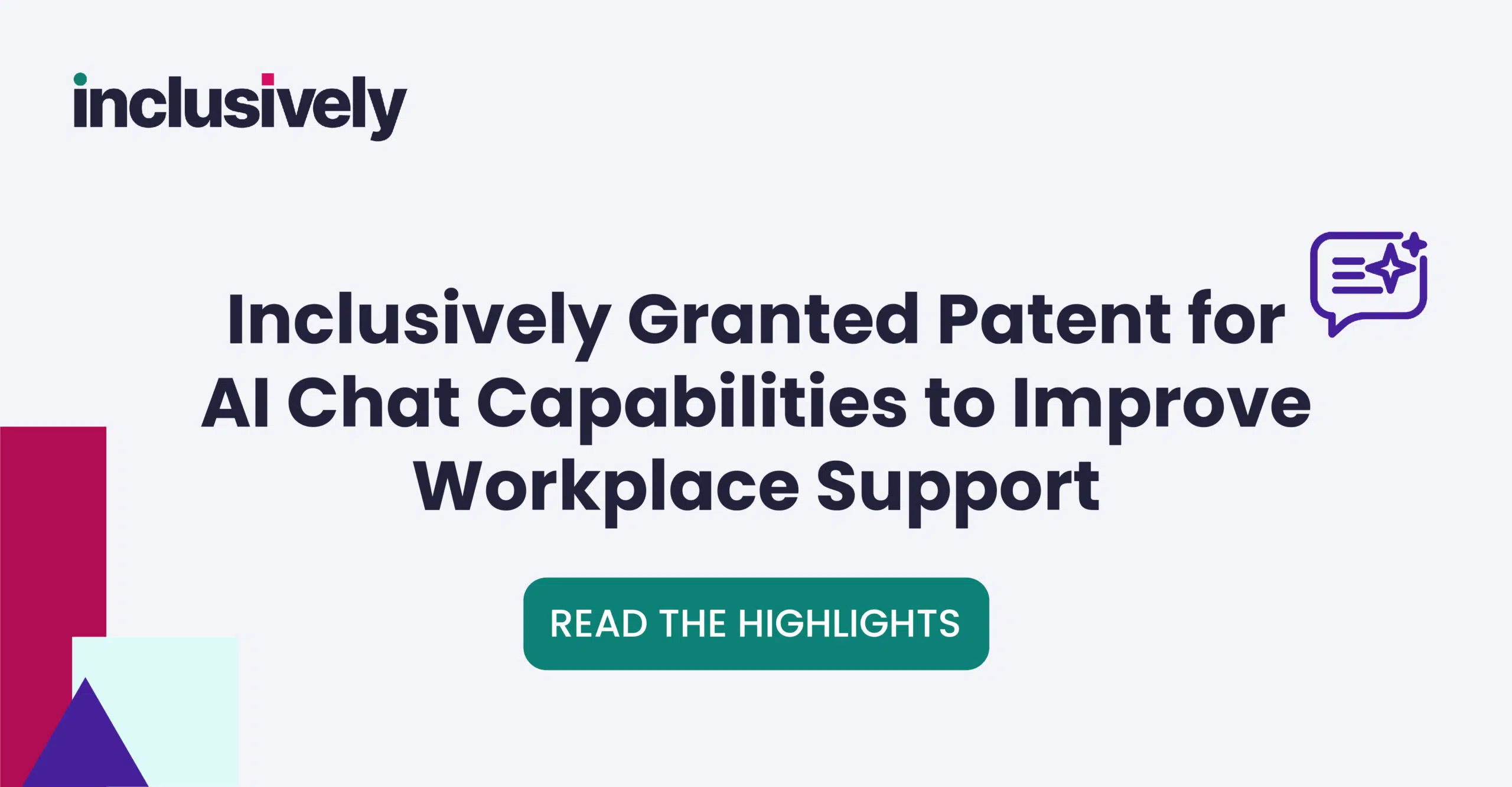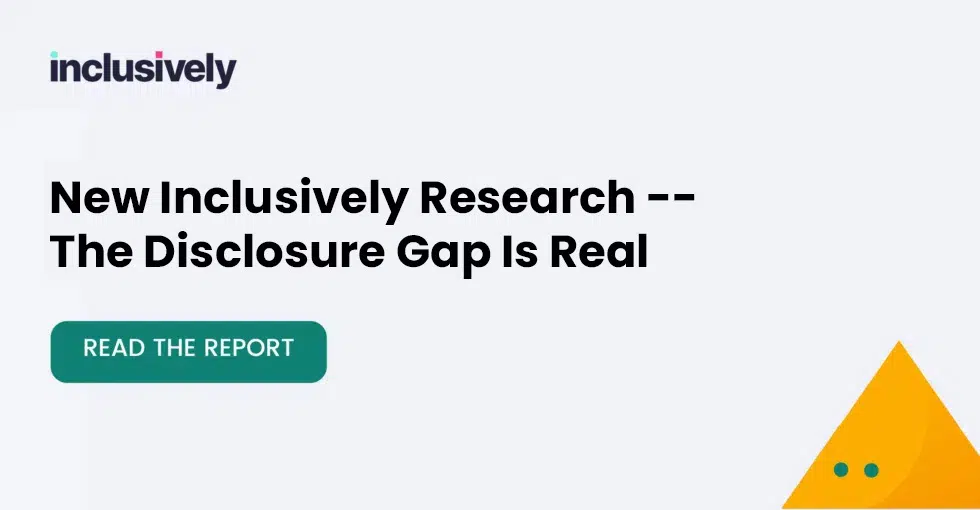During the pandemic, employees who worked from home had more control over their working environments than ever.
Many learned exactly what they needed to be more productive — how much “heads-down” time they needed to perform tasks, or when and how they needed to take breaks.
Now, as more companies call their employees back to the office, they’re being inundated with accommodations requests — for remote work, for more uninterrupted work time, or for periodic rest breaks. While many workers are willing to come back into the office and understand the benefits of in-person collaboration, they’re also looking to make their in-office lives more accessible, accommodating, and inclusive. This, in turn, makes them more productive.
Historically, most accommodations requests have been around physical disabilities. But the current influx of requests is different and will require new solutions and new ways of tracking analytics.
Based on Inclusively’s internal data, the vast majority of accommodations requests being made are related to mental health.
Here are the top eight:
- Remote work (26.46%)
- Flexible schedules (19.47%)
- Extra time to complete tasks (11.65%)
- Periodic rest breaks (11.24%)
- Job coaching and mentorship (11.1%)
- Information ahead of time (8.36%)
- Uninterrupted work time (7.09%)
- Monitors (4.35%)
In the past, HR and accommodations teams would field requests through a ticketing system. Accommodations teams were reactive in this way, fielding requests from employees and then checking against company policy to figure out the best way to handle them. They might ask for a doctor’s note.
But the model is undergoing a radical shift, influenced in part by Gen Z and Millennial employees who are used to being accommodated throughout their academic years.
Most companies don’t have a good standard framework for handling accommodations — and their employees are suffering as a result.
As stigmas decrease around things like mental health, more people are voicing their needs in the workplace. They’re willing to ask for what will make them fully engaged and productive at work. Still, there’s progress to be made.
Most companies report that only 4% to 7% of their workforce includes people with disabilities. But a study by Boston Consulting Group suggests that 25% of people report having a disability.
This under-disclosure is a pressing issue that employers have to confront. The ones that do will foster an inclusive environment that encourages employees to bring their full selves to work. They’ll have more productive employees. And as the requests that do come in veer more towards mental and cognitive health, companies need a way to handle them that’s more proactive.
It’s time to acknowledge accommodations and accessibility as a key function capable of driving productivity.
These teams have the potential to influence company policies and help employees bring their full selves to work. They’re the entity that keeps a pulse on what current policies are, while also tracking how current policies are working. They see what requests are coming in, and understand people’s needs. Sometimes, employees may not know what accommodations they need and will ask this group for guidance.
This function is even more crucial in light of several big hiring freezes. As some companies move away from luring new talent, they’re focusing on getting the most out of their current employees. Accommodations teams can create the right conditions for this.
But they need tools and guidance to help them do so. RETAIN is our solution for streamlining their process. It:
- Tracks accommodations requests
- Allows companies to compare their accommodations offerings with others in the industry
- Provides education on how best to provide a given accommodation
- Gives employees transparency into company policies on certain accommodations
- Allows employees to provide feedback on accommodations requests
- Tracks success on a dashboard
Our goal is straightforward: we want to change the perception of accommodations from being a mere compliance task to being a crucial component of improving the employee experience.
However, such a transformative change cannot be driven solely by the accommodations team. It needs to come from senior leaders at the top.
These leaders need to understand that building an inclusive and supportive work environment is key to attracting and retaining talent — especially for younger workers. It’s also the key to getting the most out of your current employees.
Some leaders worry that making accommodations widely available may result in a deluge of requests. RETAIN addresses this by providing a framework for handling these requests efficiently.
Overall, it provides support to accommodations and accessibility teams that are being hit with a deluge of requests. It also provides transparency across the board: what policies are, what policies need updating, and how those updates are going.
And with it, an accommodations team can be so much more than a reactive entity. They can help employees bring their best selves to work!



